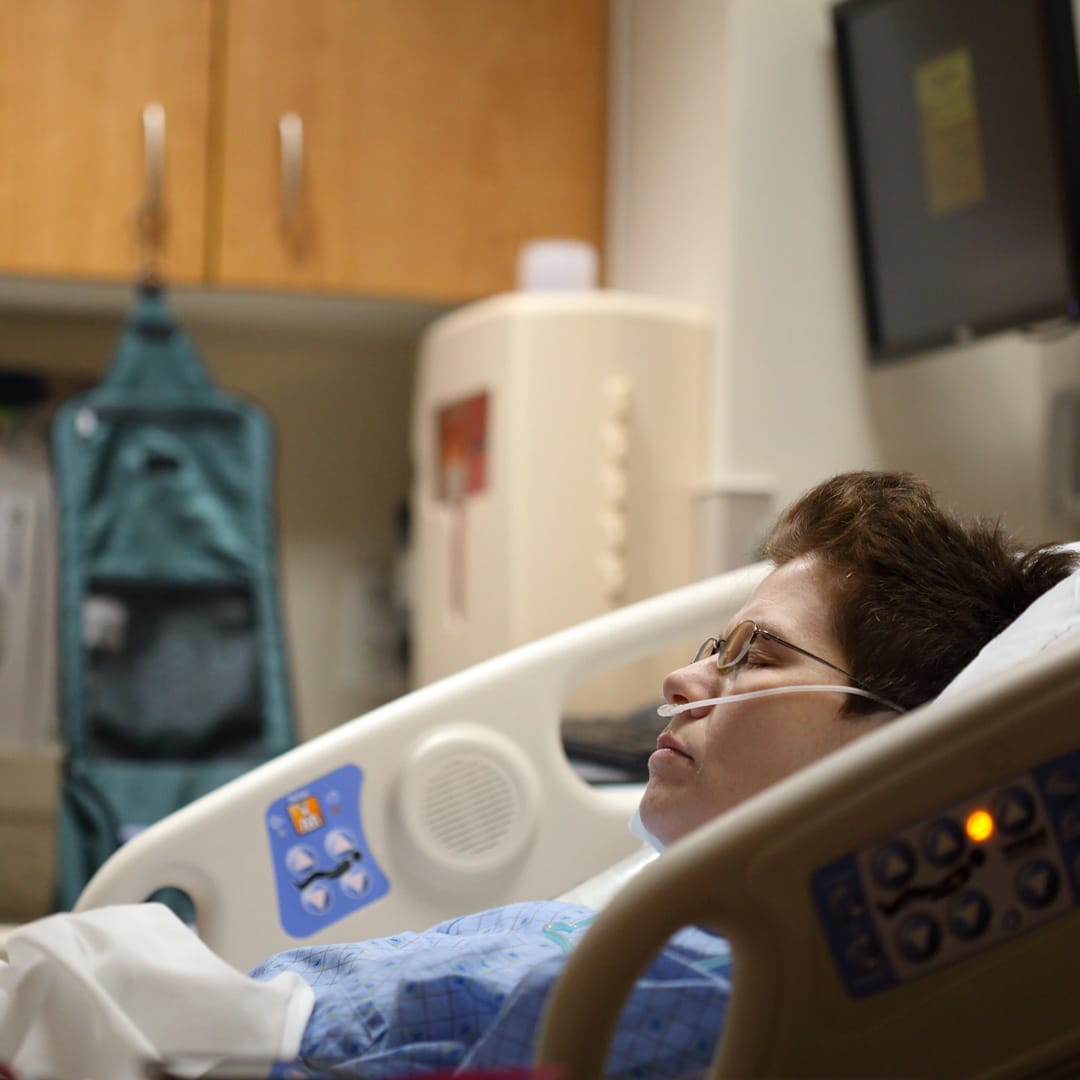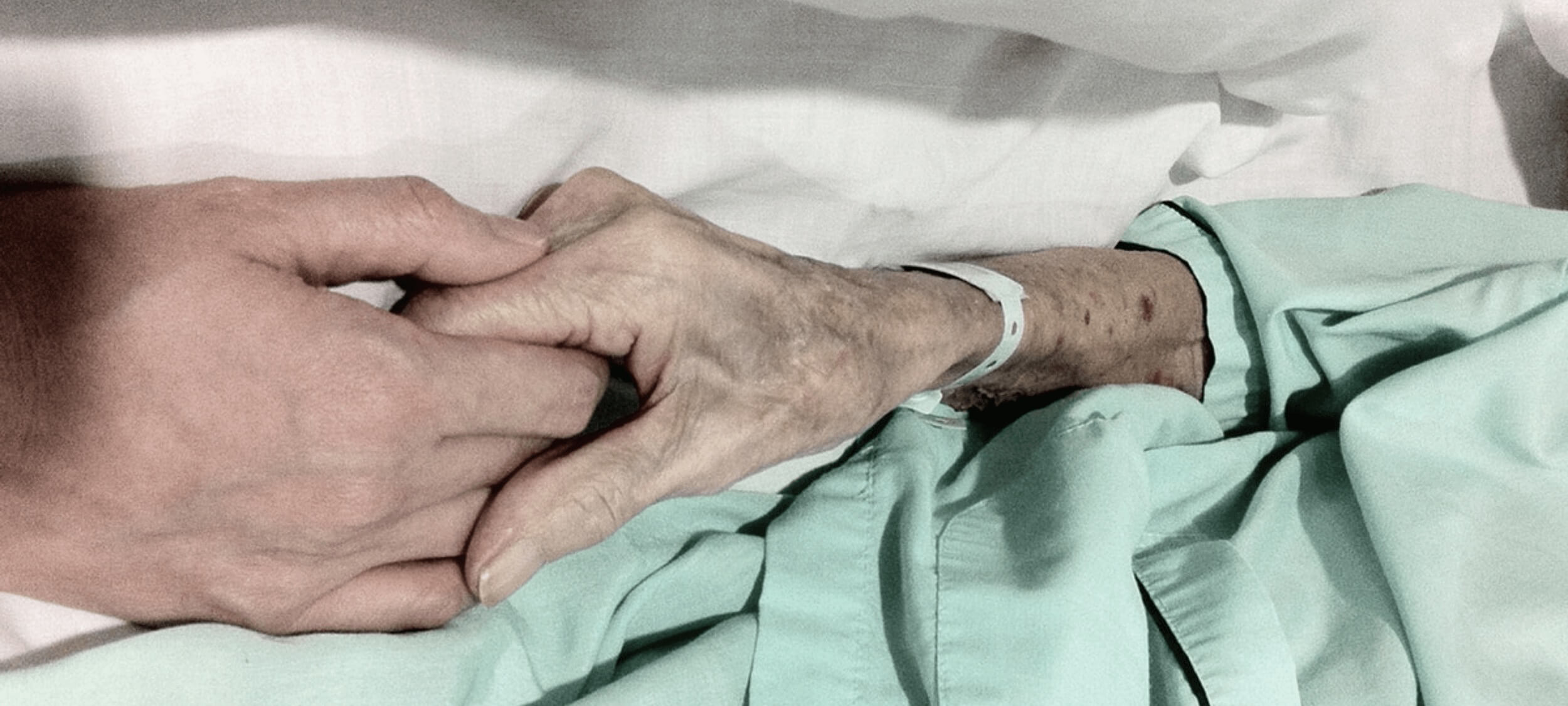Want to live more ethically? Try these life hacks

Want to live more ethically? Try these life hacks
Opinion + AnalysisHealth + WellbeingRelationships
BY The Ethics Centre 19 DEC 2019
If you’re looking for ways to support a more ethical life, here are five simple lifestyle changes that can help get you there.
Get back to nature
Aristotle believed everything in nature contains “something of the marvellous”. It turns out nature might also help make us a bit more marvellous. Research by Jia Wei Zhang and colleagues revealed how “perceiving natural beauty” (basically, looking at nature and recognising how wonderful it is) can make you more prosocial. Specifically, it can make you more helpful, trusting and generous. Nice one, trees.
The apparent reason for this is because a connection with nature leads to an increase in the experience of positive emotions. People are happier when they are connected with nature and other research suggests happy people tend to be more prosocial. Inadvertently, Zhang and his colleagues learned, this means nature helps make us better team players.
Read literature to develop ‘Theory of Mind’
In psychology, ‘Theory of Mind’ refers to the ability to understand the emotions, intentions and mental states of other people and to understand other people’s mental states are different from our own. It’s a crucial component of empathy. Like most things, our Theory of Mind improves with practice.
David Comer Kidd and Emanuele Castano think one way of practising and developing Theory of Mind is by reading literary fiction. They believe literature “uniquely engages the psychological processes needed to gain access to characters’ subjective experiences” because it doesn’t aim to entertain readers but challenge them.
Work up a sweat
As well as the health benefits it brings, exercise can make you a more virtuous person. Philosopher Damon Young believes exercise brings about “subtle changes to our character: we are more proud, humble, generous or constant”.
Pride is usually seen as a vice but exercise can give us a healthy sense of pride, which Young defines as “taking pleasure in yourself”. Taking pleasure in ourselves and recognising ourselves as valuable has obvious benefits for self-esteem, but it also gives us a heightened sense of responsibility. By taking pride in the work we’ve invested in ourselves, we acknowledge the role we have making change in the world, a feeling with applications far broader than the gym.
Take meal breaks when you’re making decisions
In 2011, an Israeli parole board had to consider several cases on the same day. Among them were two Arab-Israelis, each of them serving 30 months for fraud. One of them received parole, the other didn’t. The only difference? One of their hearings was at the start of the day, the other at the end.
Researcher Shai Danzigner and co-authors concluded “decision fatigue” explained the difference in the judges’ decisions. They found the rate of favourable rulings were around 65% just after meal breaks at the start of the day and lunch time, but they diminished to 0% by the end of the session.
There’s some good news though. The research suggests a meal break can put your decision making back on track. Maybe it’s time to stop taking lunch at your desk.
Get a good night’s sleep
We’ve been starting to pay more attention to the social costs of exhaustion. In NSW, public awareness campaigns now list fatigue as one of the ‘big three’ factors in road fatalities alongside speeding and drink driving. It turns out even if it doesn’t kill you, exhaustion can lead to ethical compromises and slip ups in the workplace.
In 2011, Christopher Barnes and his colleagues released a study suggesting “employees are less likely to resist the temptation to engage in unethical behaviour when they are low on sleep”. When we’re tired we experience ‘ego depletion’ – weakening our self-control. Experiments conducted by Barnes’ team suggest when we’re tired we’re vulnerable to cutting corners and cheating. So, if you’re thinking of doing something dodgy, sleep on it first.
Ethics in your inbox.
Get the latest inspiration, intelligence, events & more.
By signing up you agree to our privacy policy
You might be interested in…
Opinion + Analysis
Health + Wellbeing, Relationships
Are there any powerful swear words left?
Explainer
Relationships
Ethics Explainer: Stoicism
Opinion + Analysis
Relationships
The ANZAC day lie
Opinion + Analysis
Health + Wellbeing, Relationships
Five stories to read to your kids this Christmas
BY The Ethics Centre
The Ethics Centre is a not-for-profit organisation developing innovative programs, services and experiences, designed to bring ethics to the centre of professional and personal life.
Five stories to read to your kids this Christmas

Five stories to read to your kids this Christmas
Opinion + AnalysisHealth + WellbeingRelationships
BY Matthew Beard 19 DEC 2019
The kids are on school holidays but the lessons don’t have to end there. Christmas time offers a great opportunity to teach our kids about ethics. Philosopher Dr Matt Beard shares his top stories for sharing ethical ideas with your children.
1. How the Grinch Stole Christmas – Doctor Seuss
The Grinch is a lonely monster who lives by himself on Mt Crumpit. Bothered by the Christmas noise from nearby Whoville he decides to spoil their fun. Disguised as a particularly ugly Santa Clause, the Grinch sneaks down the chimneys of the people of Whoville and steals their gifts. But to the Grinch’s surprise, he can’t dent the Whos’ Christmas spirit and his heart starts to melt.
“What if Christmas, he thought, doesn’t come from a store? What if Christmas… perhaps… means a little bit more?”
This classic by Doctor Seuss is more relevant than ever for kids growing up in an age when the holiday season is increasingly commercialised. The Whos lose all their ‘stuff’ but don’t lose their sense of Christmas. How would you or your kids feel if there were no presents at Christmas? What would you celebrate?
2. The Selfish Giant – Oscar Wilde
Not technically a Christmas story, but still a lovely one for this time of year. It’s the tale of a selfish giant who first refuses to allow children to play in his gardens and then has a change of heart.
This story has extra resonance for readers within the Christian tradition (and kids may need an explainer as to what the ending means), but the message does transcend religion. Talk to your kids about how selfishness can be isolating, joys shared are joys multiplied and the importance of showing kindness to whomever we meet – strong, weak, tall, clever or otherwise.
3. The Lump of Coal – Lemony Snicket
Coal is the perennial threat against children – bad kids get given coal. But what happens when a lump of coal is good? What happens if the child who receives it wants to make art? And do all kids who receive a lump of coal turn out rotten?
Lemony Snicket’s short story big questions of authenticity and purpose through a living lump of coal that flees a barbeque in search of it’s own purpose. After some failed endeavours he meets a department store Santa who puts him into his ‘bratty’ son’s stocking.
But his son doesn’t feel punished. Together with the lump of coal they become successful artists and open a restaurant in Korea.
“It is a miracle if you can find true friends, and it is a miracle if you have enough food to eat, and it is a miracle if you get to spend your days and evenings doing whatever it is you like to do.”
It’s not your typical Christmas story, but that’s part of the appeal. Are we forced to be the people we’re born as? The Lump of Coal teaches us gratitude for the everyday and an ability to overcome social origins of birth.
4. The Gift of the Magi – O Henry
This is a personal favourite and a good one to read before you take your kids off for a last minute Christmas shop. A married couple, both hard up for money, are desperate to buy each other wonderful gifts. Della wants to buy James a superb chain for his watch, which is his prized possession. To pay for it she sells her hair – her pride and joy, and James’ too. She buys James a fetching chain only to learn he has sold his watch to buy her a new set of combs!
“But in a last word to the wise of these days let it be said that of all who give gifts these two were the wisest. Of all who give and receive gifts, such as they are wisest. Everywhere they are wisest. They are the magi.”
The Gift of the Magi could seem absurd to some – to highlight the pointlessness of our obsession with giving. But that wasn’t the message O Henry hoped readers would take away. He wanted to highlight the true meaning of gift giving – a thoughtful gesture to rekindle a connection to the other person.
5. The Original Christmas Story
Whether or not you’re religious, the origins of Christmas lie in the same story – of a baby in a manger, surrounded by shepherds, angels and wise men. Props aside there are universal messages to be gleaned from religious stories and traditions.
The Christian story holds that the world’s saviour arrived as a newborn child into a stable for farm animals. It’s worth having a talk about how this image contrasts with our usual ideas about power.
Do we sometimes dismiss people because of where they’ve come from or how much money they have?
Ethics in your inbox.
Get the latest inspiration, intelligence, events & more.
By signing up you agree to our privacy policy
You might be interested in…
Opinion + Analysis
Health + Wellbeing, Relationships
Rationing life: COVID-19 triage and end of life care
Big thinker
Climate + Environment, Relationships
Big Thinker: Ralph Waldo Emerson
Opinion + Analysis
Health + Wellbeing, Relationships
Banning euthanasia is an attack on human dignity
Opinion + Analysis
Relationships









